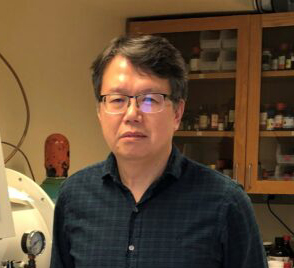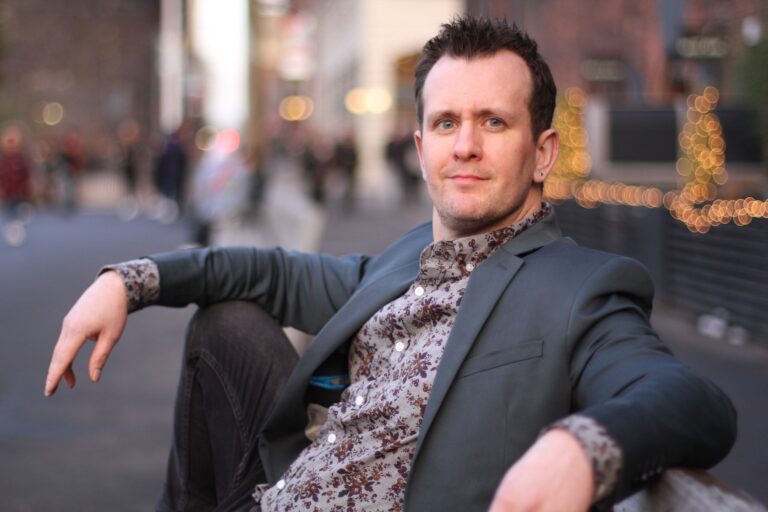Dr. Chae Yi is developing more sustainable chemistry to limit toxic byproducts.
Chemical reactions are an essential part of life, both in the wild and in carefully controlled chemistry labs. A domino effect of chemical reactions is often mediated by a substance called a catalyst, which helps to create everything from vaccines and medical drugs to jet fuels and biodegradable plastics. However, the power of these catalysts often comes with a toxic trade-off, says Dr. Chae Yi, professor of chemistry.
Traditional chemical reactions often generate wasteful byproducts like heavy metals, which become a serious concern when these reactions are run on a commercial scale. Yi is no stranger to the study of catalysts and has been researching the subject at Marquette for nearly 30 years. Over that time, Yi says he’s noticed a growing need for safer and more sustainable alternatives to traditional catalysis methods.
“I recognized that there has been an urgent need in the community for developing new green chemical methods because of environmental concerns and associated issues of global warming,” Yi says. “That’s when we decided to investigate and develop new chemical methods that are environmentally sustainable and do not form any toxic byproducts.”
Now, armed with a $527,182 grant from the National Science Foundation and support from the foundation’s Chemical Catalysis Program, Yi and his lab colleagues are working hard to uncover new kinds of catalysts that can create the same chemical reactions without any harmful repercussions.

In particular, Yi’s team is working to develop catalysts that can mediate chemical reactions and form water as the only byproduct. Creating such a catalyst is easier said than done, Yi says, because it requires selectively breaking unreactive carbon-hydrogen and carbon-oxygen bonds from organic substrates.
Yi says that the selectivity is the key to solving this problem because to break these strong bonds, catalysts need to be carefully designed so they choose to dismantle the carbon-oxygen bonds.
“We have been able to design catalysts that can do these reactions in a much more selective fashion without forming any toxic byproducts,” Yi says.
To widen the applicability of the work, Yi is also working to develop catalysts that can precisely cleave other essential types of chemical bonds as well, including carbon-carbon and carbon-nitrogen bonds.
Because these types of bonds are fundamentally important building blocks in organic materials, Yi says that catalysts targeting these bonds could have wider applications toward development of drug candidates and cleaner methods of reforming petroleum and biomass feedstocks.
Ultimately, where these catalysts find a home will be difficult to predict, Yi says, but he’s excited to work toward improving the world of chemistry over the next three years.




